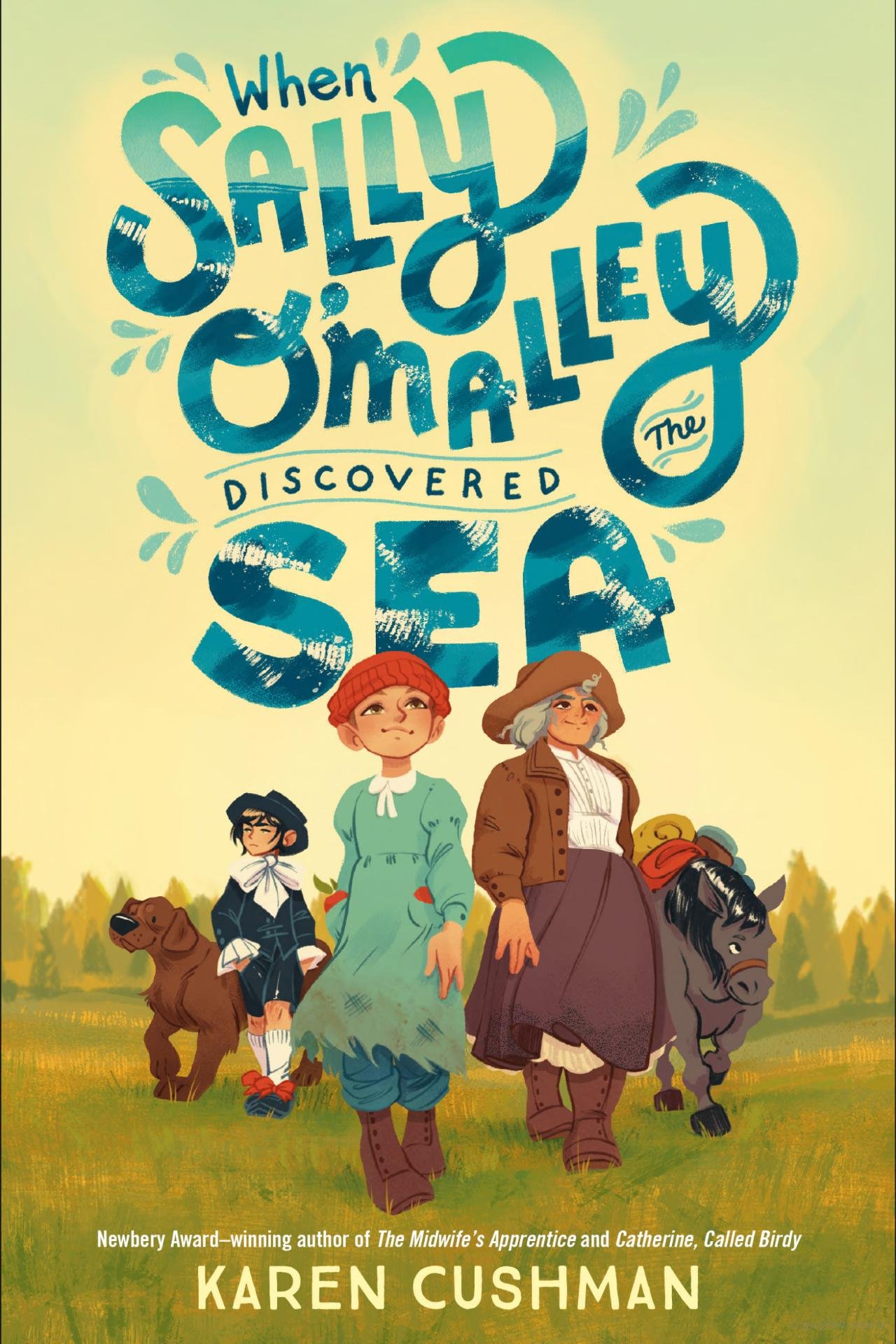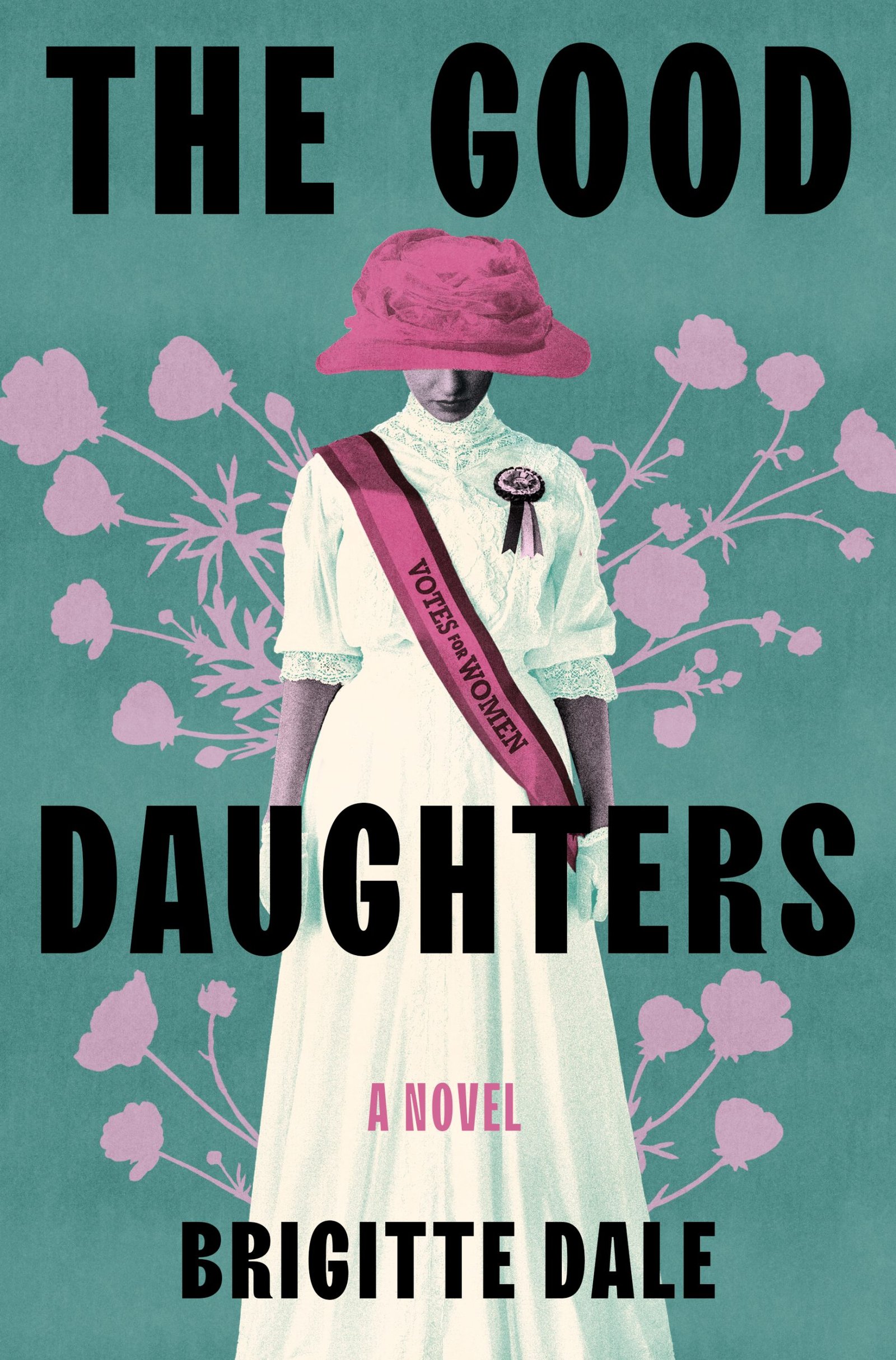WRITTEN BY TRACY BARRETT

It started after she began researching the material culture of children from the past. She woke one morning hearing a child calling her. She listened, and that child’s story turned into her first novel, Catherine, Called Birdy. She doesn’t consider the years she spent in other pursuits wasted time, however. She wasn’t ready to write until she had experienced more of life, she says, and by the time that child called to her, Cushman had developed the necessary confidence. She explains, “I got old enough to realize there were things I wanted to say, despite fear or reluctance.”
And she started off with a bang—Catherine, Called Birdy, published in 1994, was awarded a Newbery Honor and also a Golden Kite Award from the Society of Children’s Book Writers and Illustrators, among other accolades. Soon after the novel’s publication, Cushman resigned from teaching to become a full-time writer.
Her second novel, The Midwife’s Apprentice, won the 1996 Newbery Medal, and both Catherine, Called Birdy and Cushman’s third book, The Ballad of Lucy Whipple, have been made into films. She has since published a regular stream of well-received and popular historical fiction for younger readers, leading to a total (for now, anyway!) of eleven books, most recently When Sally O’Malley Discovered the Sea (Knopf Books for Young Readers, 2025), reviewed in this issue.
This latest novel is an odyssey of sorts. An orphan with no friends, who has been “chucked out” of her job at a mineral springs hotel, Sally is intrigued by what she has overheard people say about the sea. She decides to walk west from central Oregon to see it for herself. Encounters with wild animals, sometimes wild people, and the elements threaten to cut her trip—if not her life—short. Then Sally meets up with a woman called Major, an itinerant peddler who seems just fine traveling alone, with only a dog and a mule for company. When Major is tasked with transporting another orphan—this one a bratty little boy—to relatives further west, she asks Sally to join them and help out. Seizing this opportunity for companionship and shelter on her quest, Sally accepts the invitation. Along the way, not only does she learn to trust others, but she discovers that she herself is worthy of trust, and even love. Despite the grim situations the characters frequently find themselves in, the text is full of humor and warmth.
Cushman credits much of her success to her late husband, Philip. When she started writing Catherine, Called Birdy, she recalls, he “encouraged and supported me, but he wouldn’t listen to [Catherine’s] story. He would read it, he said, if I wrote it down. So I did. Once I had words on paper, I was committed.” She and Philip continued to encourage other later-in-life aspiring authors. In 2013 they established the Karen and Philip Cushman Late Bloomer Award in conjunction with the Society of Children’s Book Writers and Illustrators, which annually awards a prize to “authors over the age of fifty who have not been traditionally published in the children’s literature field.”
She doesn’t regret her own late debut, saying, “I couldn’t have written the books I wrote any sooner. I didn’t know enough about the world or myself. What I write comes from who I am, what I’ve seen, and what I’ve experienced.”
Regarding her creative process, Cushman says that she starts with a short first draft—typically under 80 pages—and then gets to work adding text: “I have to add details like a sculptor adds clay to a wire armature to bring a statue to life. It’s my favorite part of the writing process.” Working this way allows her to create whole new scenes as well as to enrich existing text, around material she uncovers. Some dramatic episodes in When Sally O’Malley Discovered the Sea, for example, were a result of Cushman’s coming across newspaper accounts of a disastrous 1861 flood in Portland.
From her vantage point of more than thirty years of writing for publication, Cushman reflects on the state of the publishing industry today. She says, “I think publishing has changed both for the better and not. Positive changes in society as a whole means more voices, more experiences, more viewpoints are welcome. The internet and social media introduced new ways to reach readers. New technologies have brought us ebooks, audio books, and print on demand.
“Not positive changes include the fact that so very many books are published each year. It’s easy for books and writers to get lost in the crowd. Over-busy editors and agents are hard to reach and need extra time to respond. Plus there is a major influence of marketing departments on what is published, how it’s publicized, what it looks like. I’ve had disagreements about book jackets and covers, only to be told ‘marketing likes it’ and they win.”
Readers are fortunate that despite these challenges, Karen Cushman continues to write beautifully crafted accounts of young people standing up for themselves and finding their inner courage. Sally O’Malley is a worthy descendant of Birdy, Brat, Lucy Whipple, and Cushman’s other brave and compassionate characters.
References:
1. https://cynthialeitichsmith.com/2021/05/author-interview-karen-cushman-on-what-sparks-her-inspiration/
2. https://www.hbook.com/story/karen-cushman-talks-with-roger-2025
3. https://voiceofvashon.org/episode/realtalk-karen-cushman-on-writing/
4. https://www.scbwi.org/awards-and-grants/for-writers/karen-cushman-late-bloomer-award
About the contributor: Tracy Barrett is an HNR US Reviews Editor and author of numerous books for young readers, both historical fiction and other genres.
Published in Historical Novels Review | Issue 113 (August 2025)


